
Two new(ish) resources for looking at political violence: The Council on Foreign Relations’ Center for Preventive Action Twitter account recently launched, as did the non-beta version of the valuable Syria Deeply.
Reviewing political science’s view of the credibility argument from a law perspective (via Matt Duss).
Over the weekend, Crimea went to the polls, overwhelmingly voting to join Russia. With the peninsula under Russian military occupation, boycotts by opponents of secession, and implausible results (via Dan Murphy), the referendum was not regarded as fair by both the authorities in Kiev and most of the outside world. On Monday, Vladimir Putin recognized Crimea’s independence; Steve Saideman explains why, citing “the irredentism two-step.” The enthusiastic rhetoric of many Crimeans aside, there are serious doubts about their future prospects in a newly-enlarged Russian Federation.
Fearing violence, Crimea’s minority Tartar community, who suffered grievously under the USSR and strongly oppose the peninsula joining Russia, have begun to organize “self-defense” bands. However, the groups are unlikely to be able to seriously resist Crimea’s ethic Russians should violence erupt. (Via Daniel Solomon.)
Has the Syrian War entered a stalemate? In what UN and Arab League deputy envoy to Syria Jean-Marie Guehenno calls the “worst of all worlds,” neither the Assad regime nor rebels have the strength to actually win, but neither is weak enough that they cannot hope to. A near-term country-wide victory by Assad that would end the fighting, if brutally, looks impossible, as does a prospective rebel victory — especially given that sophisticated, and dangerous, anti-air weapons remain withheld from them; though questions of supplying further weapons to rebels remain on the margins — which would likely be followed by further infighting. Meanwhile Syria’s northern Kurdish populations face sectarian attacks from rebels, and fume that “the West is sending us their terrorists.”
The current boundaries between government, Kurdish, and rebel-controlled areas also remain messy, suggesting that a stable multi-way division between the combatants is also difficult to picture.
Via SAIS African Studies, an informative half-hour podcast explaining the origins and character of Nigerian militant group Boko Haram.
The arrest of the leader of a Mexican community vigilante group on homicide suspicions has drawn renewed criticism of the Mexican government’s path-of-least-resistance policy of co-opting the anti-cartel groups.

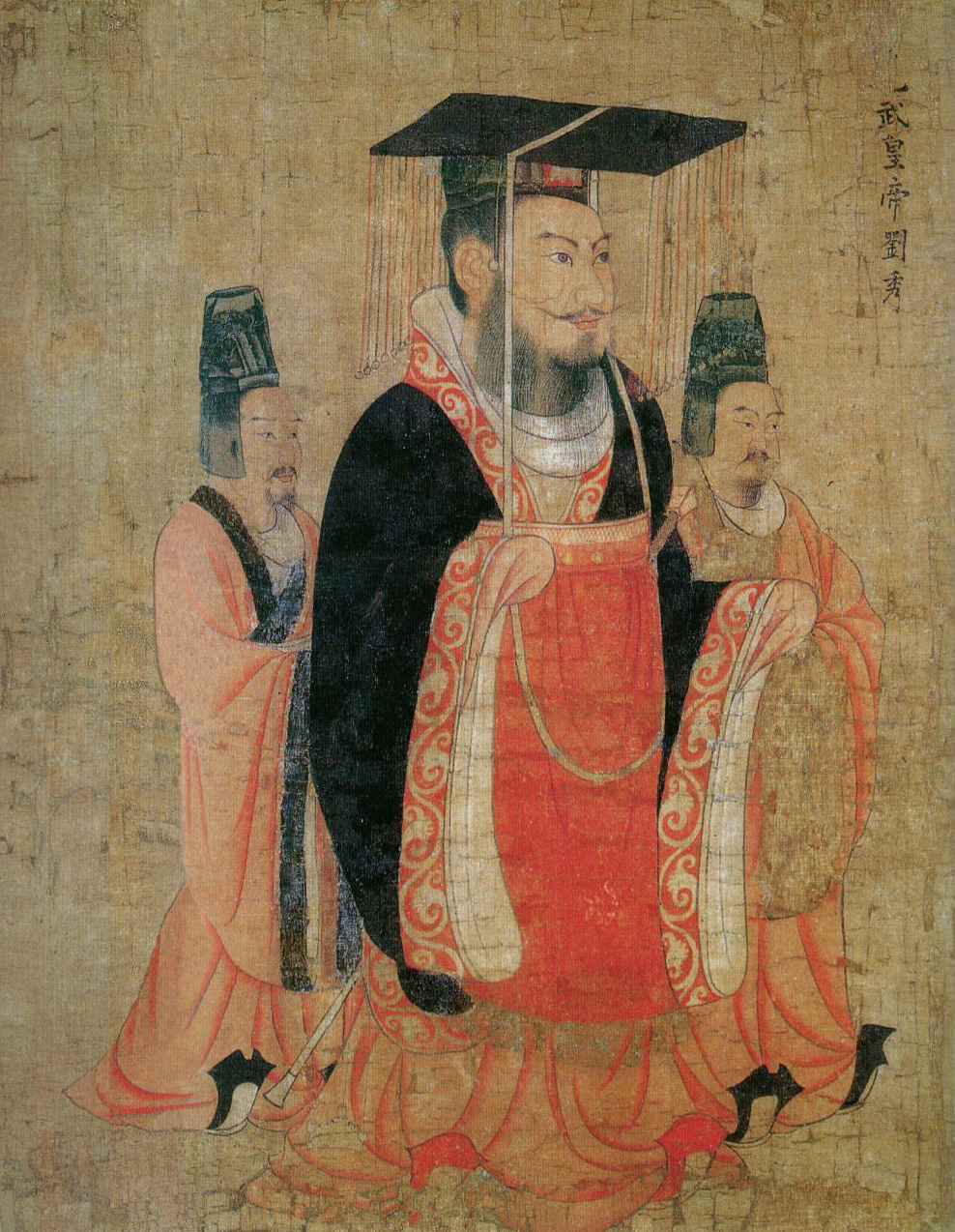
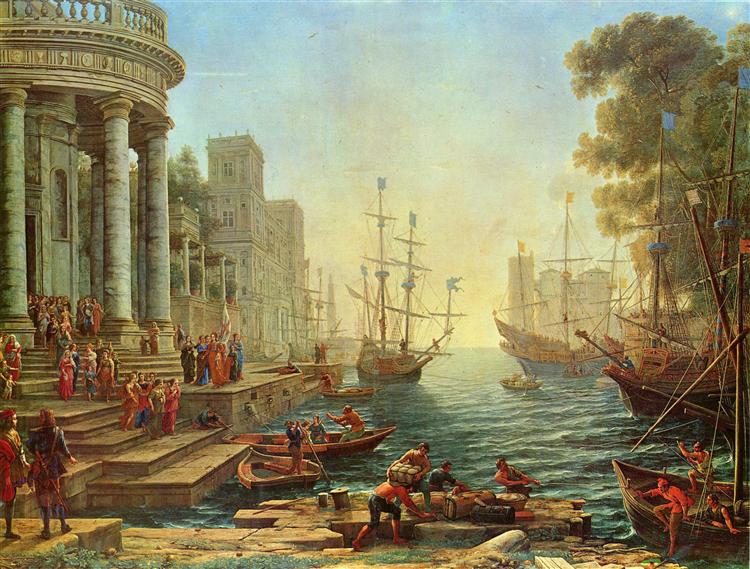
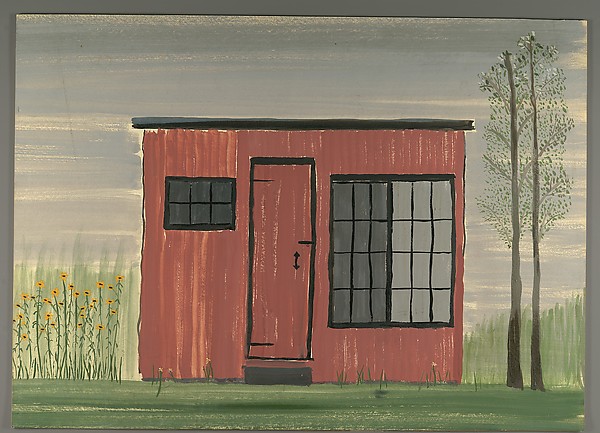
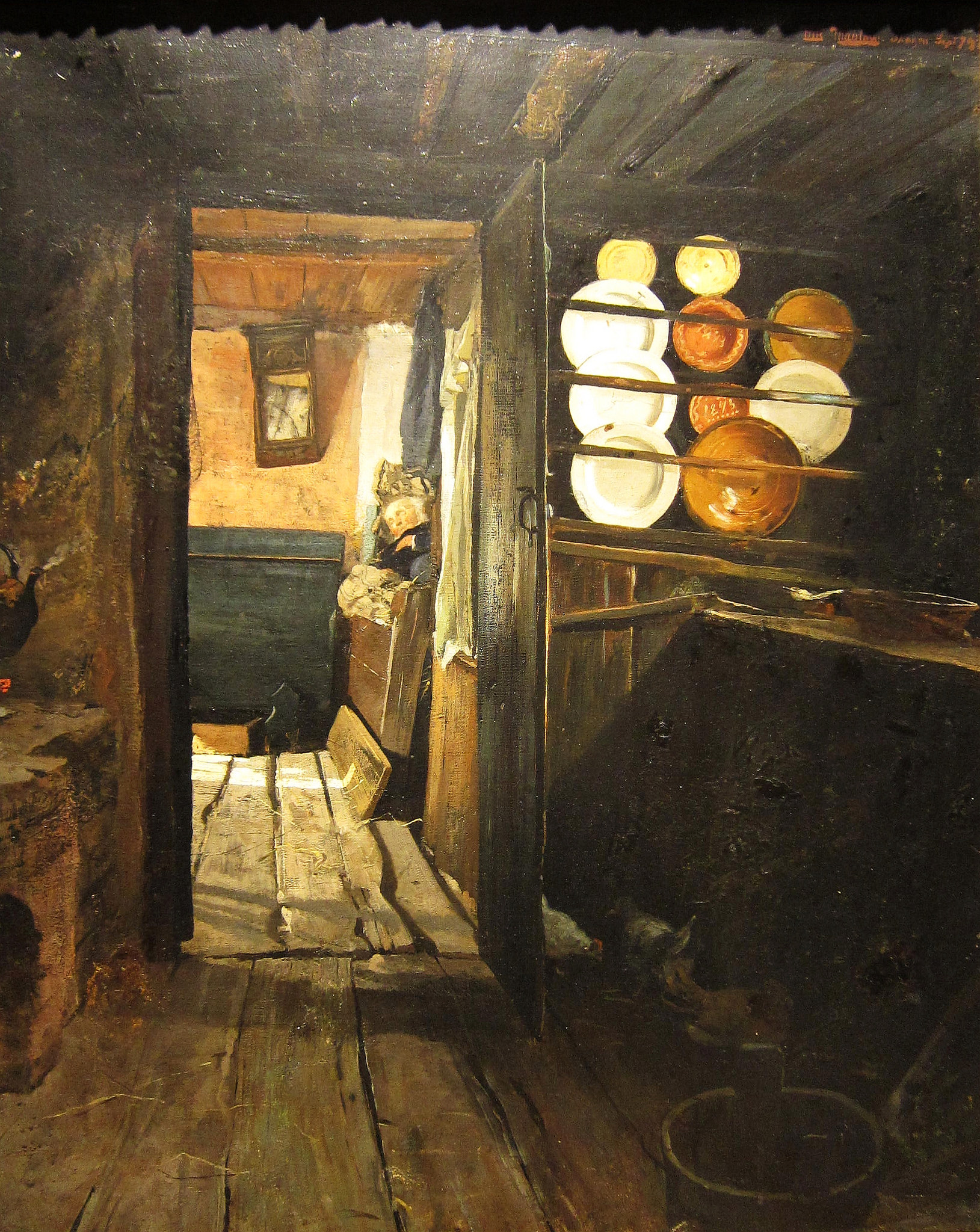
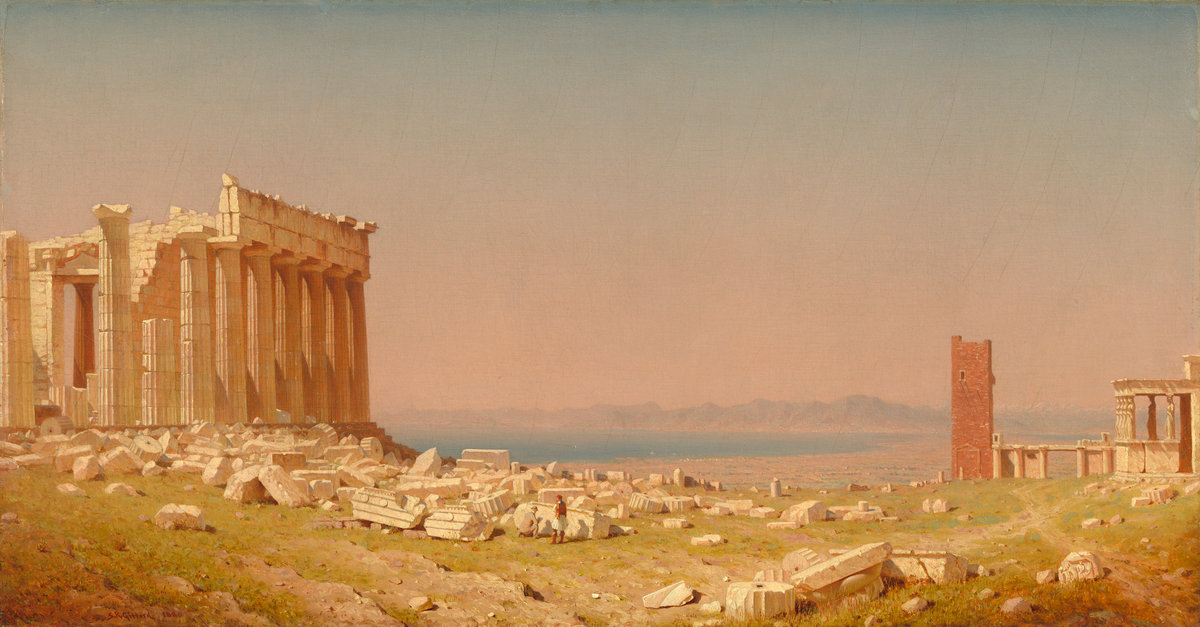

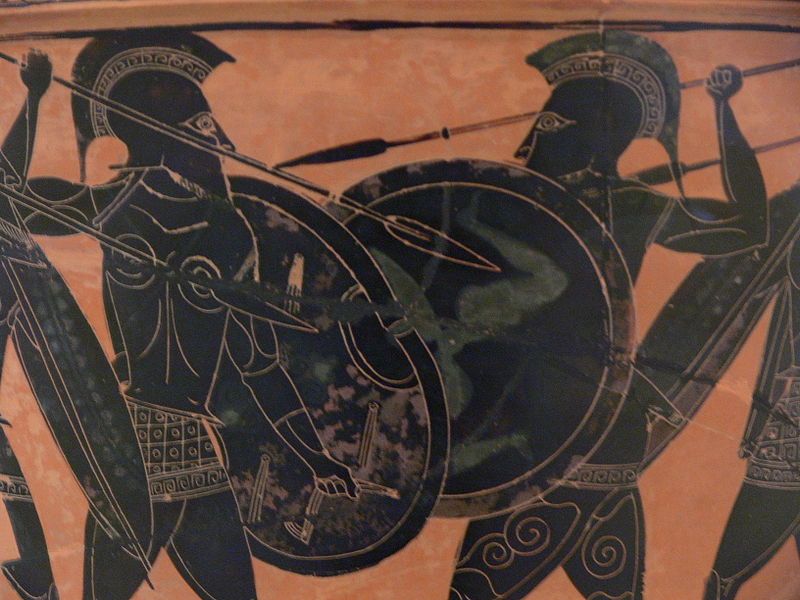
0 comments
If there is anything to what I. William Zartman says, a stalemate in Syria could be a positive change. Of course, the multiple sets of actors could still make a negotiated solution unlikely. I still suspect we will eventually see an alliance between elements of the FSA and remnants of the Assad regime (probably without Assad) against the militant Islamists.
That seems to be what is already happening between Kurdish communities and the regime, as well.